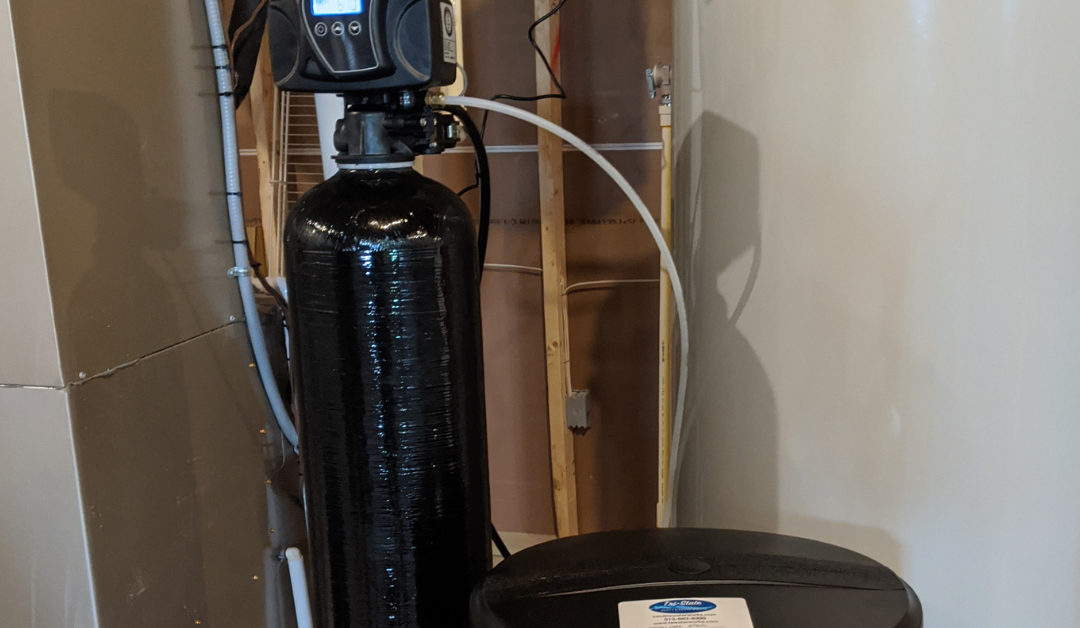Water softening systems are a common household installation, especially in areas where hard water is prevalent. These systems are designed to remove minerals like calcium and magnesium, which can cause scaling on appliances, plumbing issues, and make it difficult to work up a good lather with soap. Despite their popularity, there are several myths and misconceptions surrounding residential water softeners. This article aims to debunk the top five myths and provide a clearer understanding of how water softeners work and the benefits they offer.
Myth #1: Water Softeners Purify Water
Misconception: Many people conflate water softening with water purification, thinking that a water softener will remove contaminants and impurities from their water supply.
Reality: Water softeners are specifically designed to address water hardness by replacing hard minerals with sodium or potassium ions through a process known as ion exchange. While this does improve the feel and functionality of the water, it does not purify it. For water purification, systems like reverse osmosis, UV filters, or activated carbon filters are needed to remove organic compounds, pathogens, and other contaminants.
Myth #2: Softened Water Feels Slimy
Misconception: A common grievance is that softened water has a “slimy” feel, leading some to believe it’s not cleaning effectively.
Reality: The slick feeling is actually the natural state of your skin; hard water often leaves behind a layer of mineral residue which can make skin feel rougher. When these minerals are removed, the soap is more effective and rinses off completely. Thus, what’s perceived as sliminess is actually the absence of leftover residue on your skin.
Myth #3: Salt-Based Softeners Add Unhealthy Amounts of Sodium to Water
Misconception: The idea that salt-based water softeners add a significant amount of sodium to your water supply can be a health concern for those on low-sodium diets.
Reality: The amount of sodium added by a water softener depends on the hardness of the original water. In most cases, the increase in sodium levels is minimal—a typical serving might contain less sodium than what’s found in a slice of bread. However, for those concerned about sodium intake, potassium chloride can be used as an alternative regenerant in many softening systems.
Myth #4: Water Softeners Waste Water and Energy
Misconception: Some argue that water softeners are wasteful, as they require additional water and energy to carry out the regeneration cycle.
Reality: Modern water softeners are designed to be efficient. They typically regenerate on demand, reducing the amount of water and salt used. Additionally, the benefits of preventing scale buildup can result in longer-lasting appliances and reduced energy consumption, as scale buildup makes heating less efficient and can lead to increased energy usage over time.
Myth #5: Softened Water Kills Plants
Misconception: It is sometimes claimed that using softened water for watering plants is harmful and can even kill them due to the sodium content.
Reality: While it’s true that excessive sodium can be detrimental to plant growth, the level of sodium in softened water is generally not harmful to most plants, particularly if they are not watered exclusively with softened water. Rainwater or untreated water can be alternated with softened water for irrigation to mitigate any potential risks.
FAQs about Water Softeners
How Often Should I Add Salt to My Water Softener?
The frequency depends on your water hardness and softener capacity. Check the salt levels monthly and add more as needed.
Can Softened Water be Used for Watering Plants?
Yes, softened water is safe for most plants. However, some sensitive plants may prefer unsoftened water.
Do Water Softeners Remove Bacteria and Viruses?
Water softeners primarily target minerals. For comprehensive purification, consider a water filtration system.
Can I Install a Water Softener Myself?
While some may attempt DIY installation, professional installation ensures optimal performance and avoids potential issues.
What is the Lifespan of a Water Softener?
With proper maintenance, water softeners can last 10-20 years. Regular checks and timely repairs contribute to longevity.
Does Softened Water Affect the Efficiency of Water Heaters?
Softened water can enhance water heater efficiency by preventing mineral buildup, extending the appliance’s lifespan.
Residential water softeners serve an essential function in homes affected by hard water. They enhance the quality of water for daily use, but it’s important to understand what they do and do not offer. Hopefully, this article has helped dispel some common myths and gives homeowners a clearer picture of whether a water softener is right for their needs. For more information or to schedule an installation, contact the Tri-State Waterworks team today.

